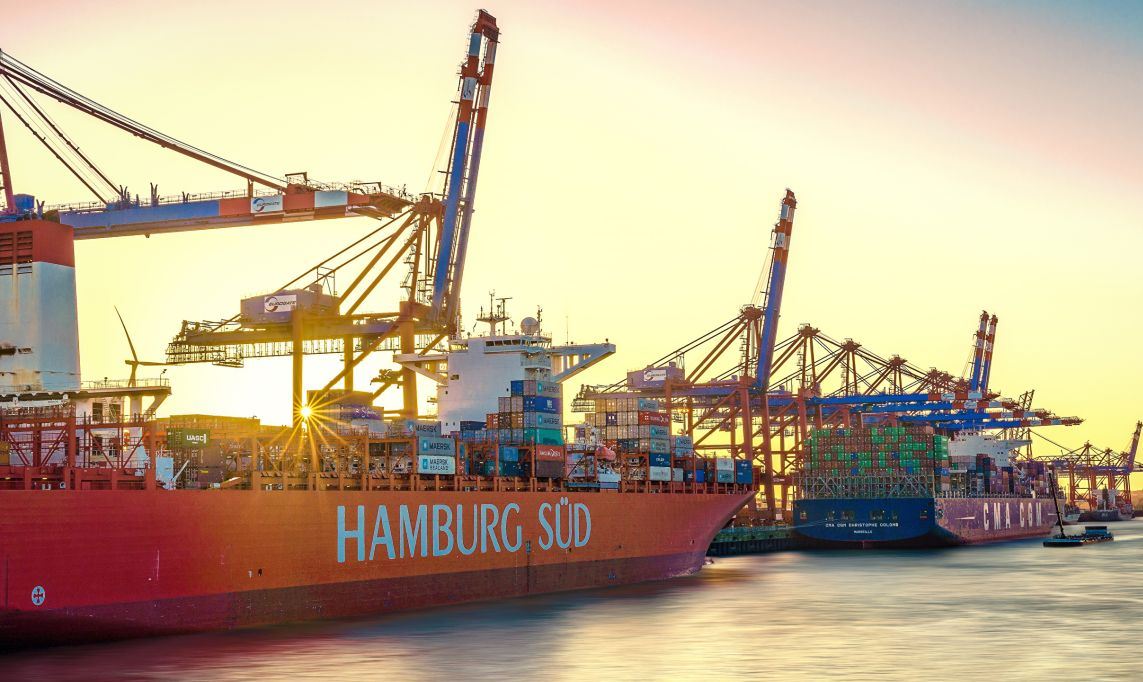
Port of Trieste – third acquisition of the Hamburg company, has already purchased the port of Odessa and the terminal in Tallinn
The battle for major seaports is heating up in the struggle for supremacy in global trade.. As reported by the Italian publication Ants, German state company HHLA (Hamburg port and logistics) from Hamburg acquired a controlling stake in the multifunctional terminal in the port of Trieste. Trieste will become "an important geopolitical center of trade on China's New Silk Road".
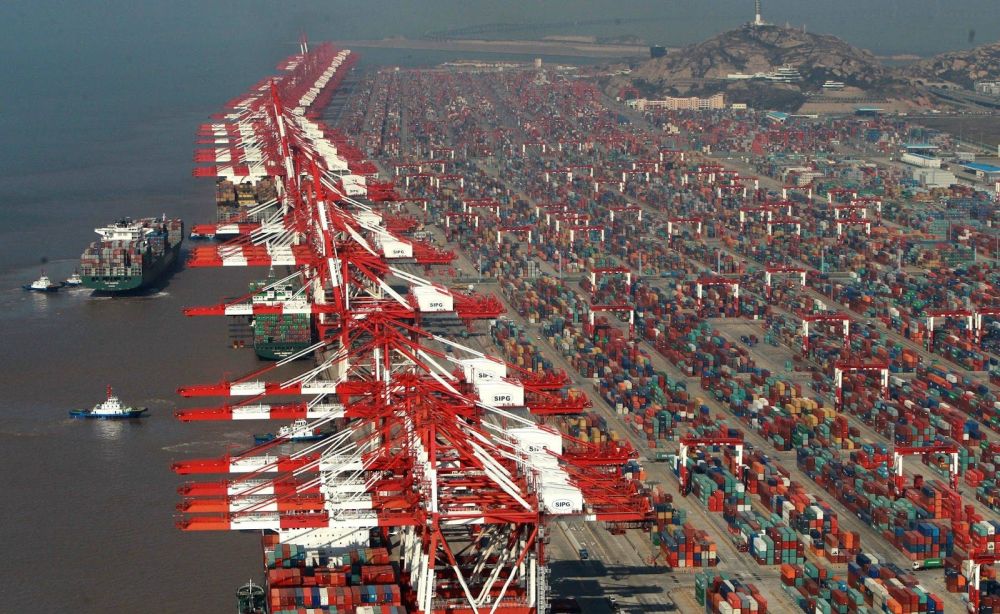
“Why are container ships with Chinese goods destined for the EU countries?, passing the Suez Canal, do not dock immediately in the ports of Greece and Italy, and most often they spend another five or six days, that, encircling the Iberian Peninsula, travel across the Atlantic to Rotterdam, Antwerp, Hamburg or Bremerhaven?» – asks Deutsche Welle. And gives the answer: "Because these ports are in the Netherlands, Belgium and Germany... provide more diverse transport options for the onward delivery of goods to the most important markets in Europe.".
Now the situation must change. “A new logistics mastodon is ready to reopen the historic trade route from Central Europe to the Mediterranean, Africa and the Far East", - writes Ants. Hamburg Port and Logistics AG is the largest port and transport and logistics company in Germany and one of the leading in Europe. Its three terminals in Hamburg handle cargo, transported on routes from Asia to Central and Eastern Europe. And its railway operators provide services for the transportation of containers from ports in the North and Baltic Seas, from the interior of Central and Eastern Europe, with the Adriatic, from Turkey.
Today Trieste is preparing to become a new hub between East and West, North and South. AT 2018 year, Trieste has already taken first place in terms of cargo turnover among Italian ports. Trieste terminal has its own train service. Besides, German companies connect the port of Trieste to the European intermodal network.
Trieste is the third acquisition of the Hamburg company, which has already bought the port of Odessa in Ukraine and the Estonian terminal in Tallinn. CEO HHLA Angela Titzrath says, that Hamburg's ambitions are to become "European champion", which will change the configuration of the flow of goods in the world.
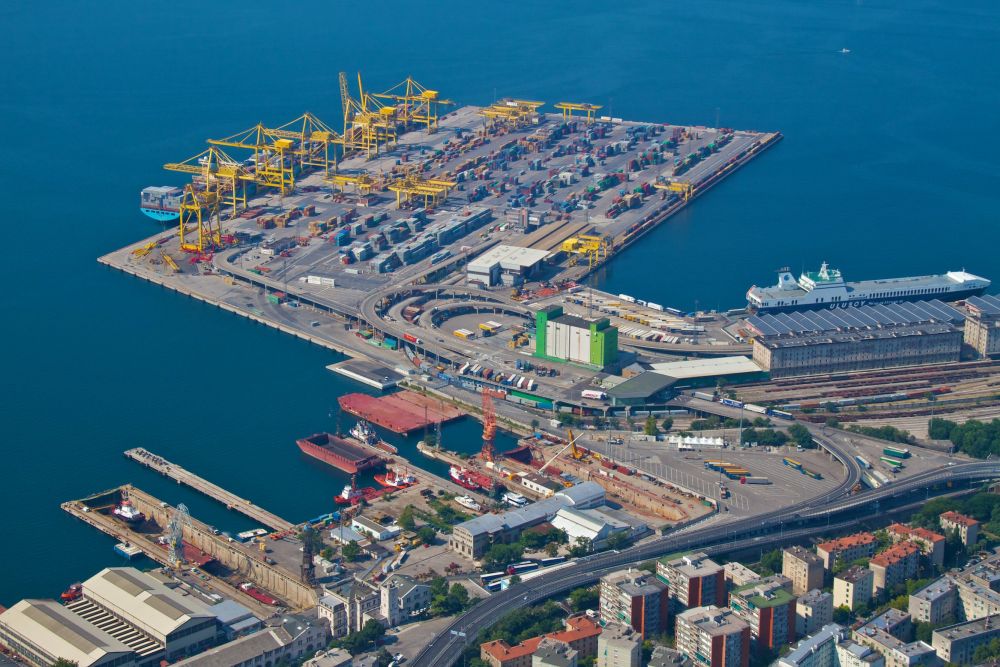
"Acquisition by HHLA, owned by the city of Hamburg, of the port complex of Trieste, - writes The newspaper, – opens a new front of geopolitics in the field of transport in the Old World. For months, Angela Merkel has been playing hardball, seeking to strengthen Germany's geo-economically central position in Europe… Forward-looking policies needed, especially in the face of the emergence of such competing countries, China, capable of taking away Germany's market share and economic influence.".
Italy became the first European country, which 2019 joined the Chinese “One Belt, One Road” project. China acquired 35% shares of the Euromax terminal in Rotterdam, and in Greece he bought the port of Piraeus. Outside the European Union, China also acquired Kunport, third largest Turkish port, and shares in Haifa and Ashdod in Israel. Currently, Chinese companies own port facilities in 34 countries and plan to acquire similar capacities in more 8 countries.
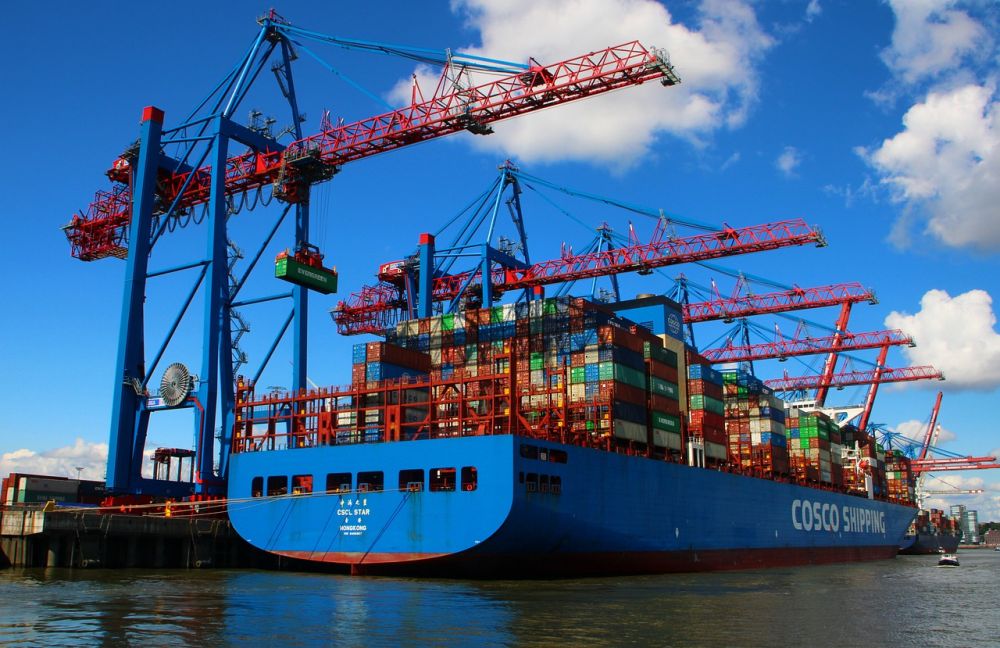
therefore, observers think, The acquisition by the Germans of the Italian port of Trieste is a European response to challenges, arising in connection with the global trade war between China and the United States. After all, American companies are now setting their sights on acquiring European ports. Trump recently said, that at his instigation the EU countries are ready to build 9-11 ports, which will receive LNG from America. The US also plans to buy the port of Alexandroupolis in Greece. All these ports can also play the role of military infrastructure. “Concerns about ports are not only due to economic factors, – writes the American publication Diplomat. – By their nature, ports are dual-use objects, they can moor there as merchant ships, so do warships. China is modernizing its naval forces... Chinese warships in the summer 2017 years paid a friendly four-day visit to Piraeus. Two years ago, Beijing opened its first overseas military base in Djibouti.".
However, for now the main thing is trade, and about 90% world trade depends on sea transport. The rise of China as a global manufacturing center has led to, that Chinese ports are constantly setting new records for the number of cargo handled. Already, out of the four largest trading ports in the world, three are Chinese, and the palm of the busiest port belongs to Shanghai.
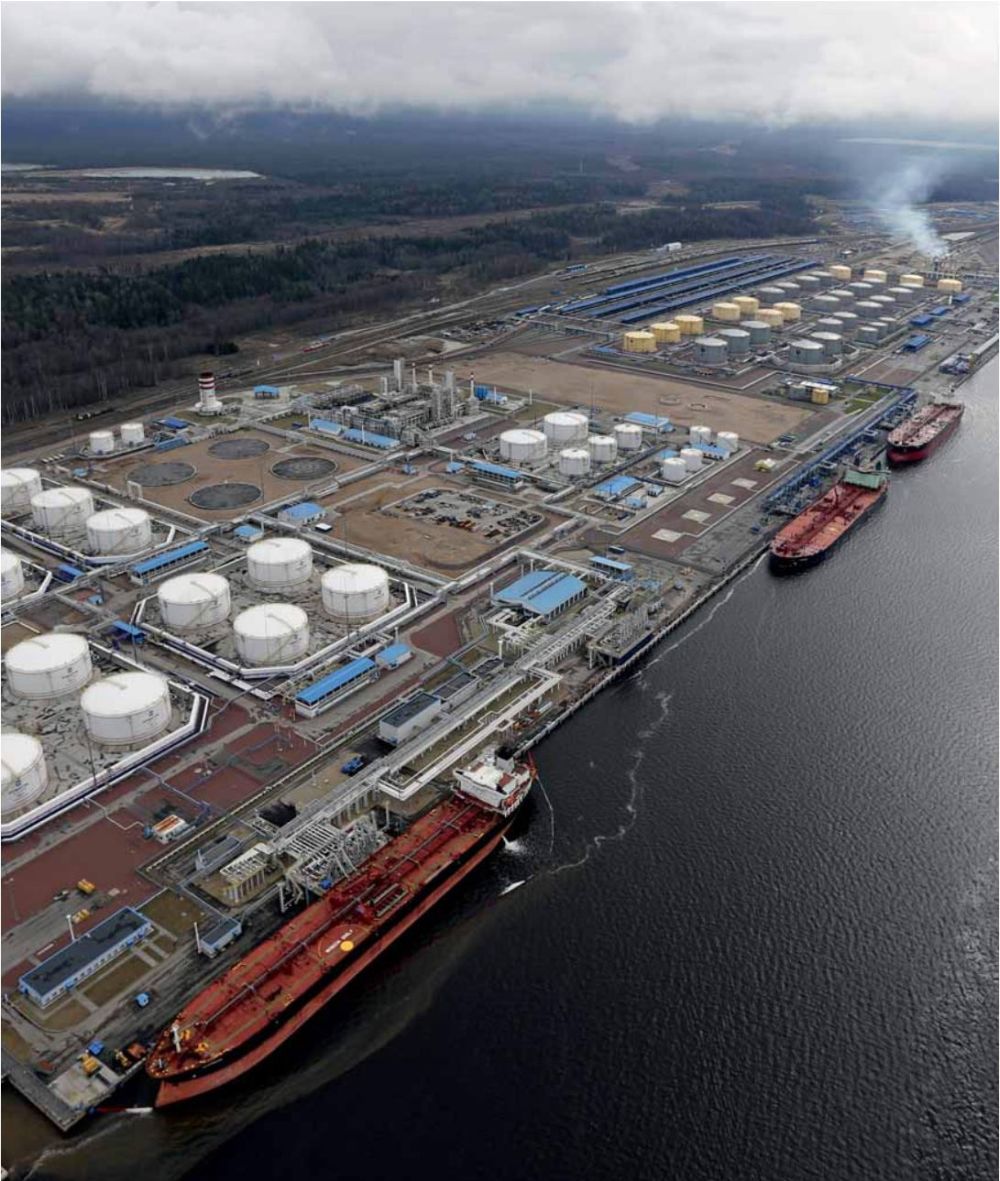
So HHLA's acquisition of the port of Trieste is not just a major commercial deal, and the German geopolitical project.
Russia is also trying to develop port infrastructure. “According to the comprehensive plan for the modernization and expansion of the main infrastructure to 2024 year capacity of sea ports of Russia Far Eastern, Northwestern, The Volga-Caspian and Azov-Black Sea basins should be increased to 1,3 billion tons per year", – writes Rossiyskaya Gazeta. However, it is far from China: According to the Ministry of Transport of the People's Republic of China, cargo turnover of Chinese ports amounted to 9,29 billion tons in just eight months 2020 of the year.
Vladimir Malyshev











